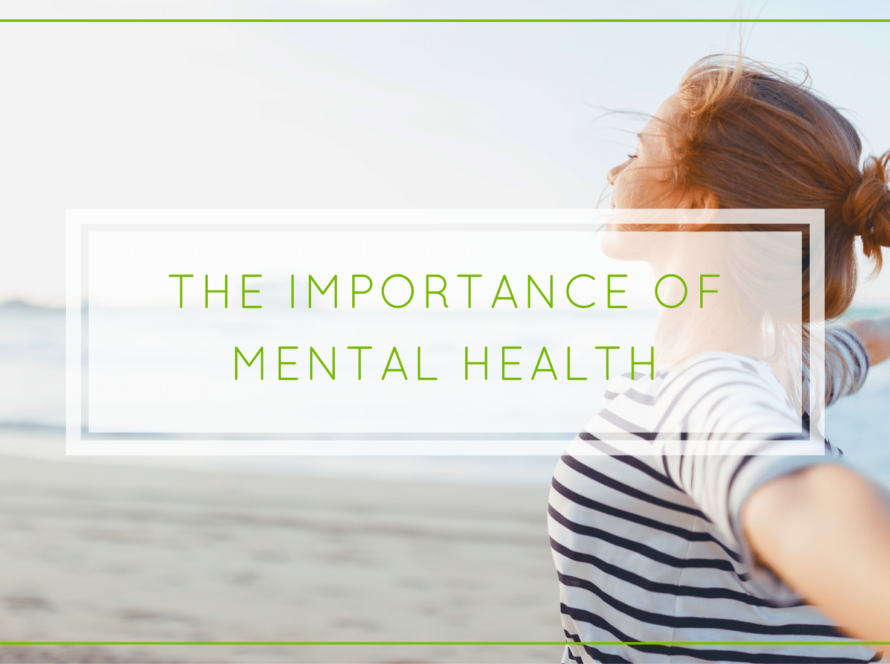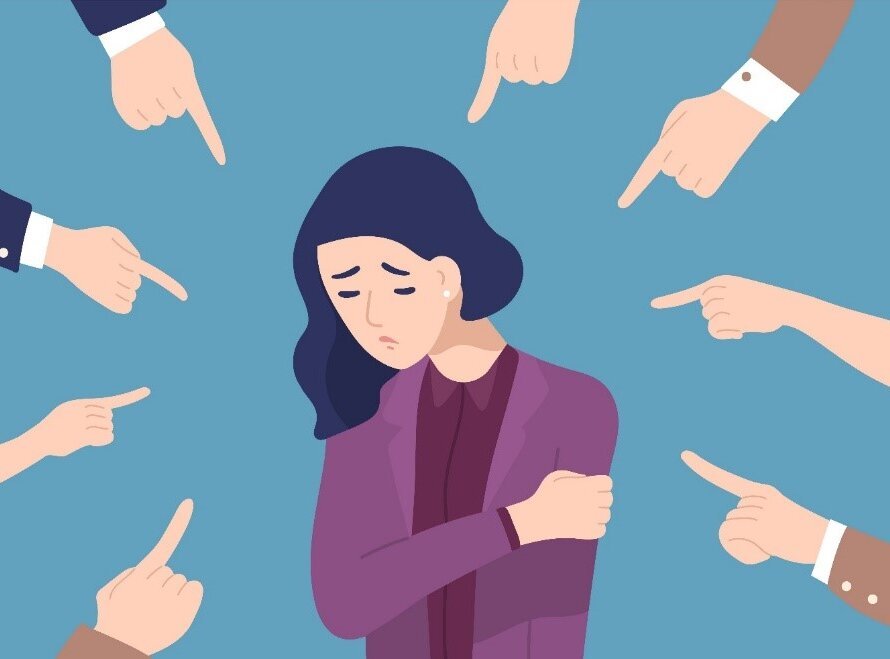“Stress is not what happens to us, it’s our response to what happens, and response is something we can choose.”–Maureen Killoran.
Stress is an undeniable part of life, and the biological response to stress is fascinating. When a perceived stressor occurs, stress hormones are released as soon as a second. The brain is shown to release chemicals like serotonin and adrenaline (the first responders) to prepare us for the challenge. Following quickly after the brain chemicals, the stress hormones are released, which impact brain areas that are important for memory and emotional regulation.
This type of stress response is often referred to as fight, flight, or freeze signals and is essential for immediate threats, like escaping from a predator. However, this type of response is not always optimal for dealing with chronic stress, such as an anamorphically demanding job. When we are in a state of fight, flight, or freeze each day, there is a cost mentally and physically.
According to research by the National Library of Medicine, chronic stress is associated with changes in certain brain regions, such as the prefrontal cortex, also known as the cortex of the person, and the limbic system. These brain changes can result in cognitive, emotional, and behavioral changes; for example, chronic stress interfering with decision making, impulse control, by modifying the prefrontal cortex. Also, chronic stress can increase risk of anxiety and mood disorders by changing the limbic system.
However, the effects of stress are not limited to the brain. Stress affects the gut, which in turn affects mood. The gut-brain connection is a two-way street, so if we are stressed and our gut health is affected, leading to gastrointestinal problems, when our stress and anxiety continue to develop. There is also a connection between stress and reproductive function, and the effects of prolonged stress can impede fertility and libido. This is because stress disrupts the hormonal balances needed for reproduction.
The physical signs of stress, which may include muscle tension, headaches, or memory issues, can amplify the levels of stress that our bodies experience. This creates a cycle of stress, in which physical symptoms may increase, leading to more symptoms of stress and vice versa. By understanding the physical effects of stress, one can take action to manage stress. This might include utilizing techniques like practicing mindfulness, getting regular exercise, and eating a balanced diet in order to break the cycle.
Ultimately, while stress is a natural part of life, it is important to understand its significant physical and biological effects on our brain and body. Information about the ways in which stress changes our mental and physical health provides the tools necessary to effectively manage stress. This knowledge can be used to maintain well-being through difficult times.












